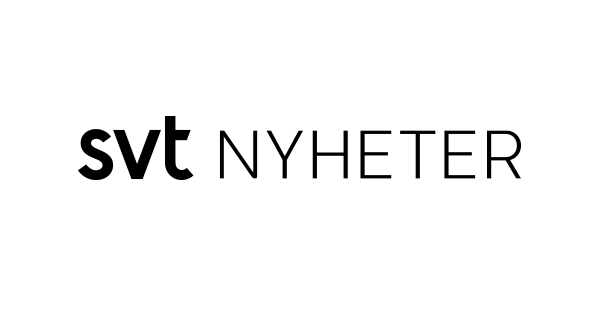In the previous two elections, there has been a smooth race between Benjamin Netanyahu's right-wing Likud and rival Benny Gantz at the head of the center-oriented Blue and White Alliance. This time, support for the corruption-charged Netanyahu is growing, according to polling polls.
"Thank you," Netanyahu writes on Twitter, attaching a heart. His party Likud announces that he has spoken to the leaders of its allied right-wing parties and that they have agreed to form a "strong national government for Israel" as soon as possible.
Likewise, it is estimated to get about 37 seats. Its right blocks are estimated to get 60 - exactly half of the places in the kness.
The Gantz-led opposition block is expected to receive 52 to 54 seats. The possible wave captain Yisrael Beitenu, led by former Defense Minister Avigdor Lieberman, will receive 6 to 8 seats according to forecasts.
It was about mobilizing- It is a very serious situation. Not least considering that the country has so long been without a government that can make decisions and drive politics, Middle Eastern scholar Isabell Schierenbeck, professor of political science at the Department of Global Studies at the University of Gothenburg, told TT before the election day.
At that time, there was little indication that there would be any significant change in the distribution of seats, and Schierenbeck spoke of an incredibly charged choice in which it was for each block to mobilize as many voters as possible.
The polling stations opened at 7 in the morning local time and one hour before they closed, over 65 percent of voters had been and voted, according to Haaretz magazine's report.
A final result is expected sometime during the night until Tuesday.
Time for unity government?Alongside the political crisis, a legal process is underway against Netanyahu, who is facing charges of corruption. One sign of the judiciary's independent position is that the state prosecutor appointed by Netanyahu himself has chosen to prosecute Netanyahu (and this on all charges).
"The Supreme Court has been under attack from right-wing parties, but they have not been able to reduce the court's influence," said Isabell Schierenbeck, who added that it is highly likely that Netanyahu will be jailed.
One likely scenario is that once Netanyahu is put on trial on March 17, and thus unable to govern, a unifying government may have an easier time taking shape, according to Isabell Schierenbeck.
- Gantz might then be able to release his demand not to reign with Likud, if that means he won't have to reign with Netanyahu.

